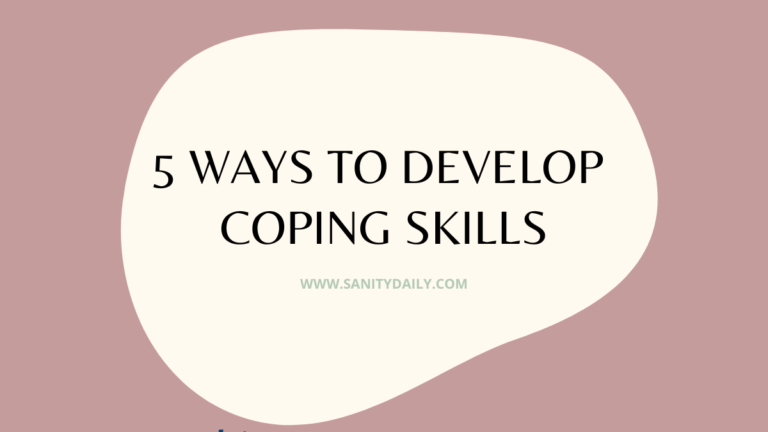How Covid-19 changed the education game? The Covid-19 pandemic has affected the way we interact in everyday life. With social distancing norms in place, normal activities have had to adapt to new circumstances.
One of the primary industries that have been affected is the education industry. According to numbers from Unesco, 990 million students around the globe have been affected by the pandemic.
In the beginning, a lot of schools were unsure of how to proceed, as traditional learning is based around the physical presence of students. However, as things progressed and everyone got used to the new reality, alternative measures were put in place. It seems they are here to stay.
How Covid-19 Changed The Education Game Through Digital Learning
Before the crisis, many learning centers across the US were not ready to apply digital learning methods. Their capacity was low, and the interest was not there. But the onset of the pandemic changed all of this.
Remote learning turned out to be the key to continue education during the Covid-19 outbreak. The pandemic revealed the weakness of many traditional centers in terms of digital strategies and infrastructure.
However, as much as the adaptation was forced upon the world, it was easier in countries like the US, where distance-learning was already a reality. Even those schools not ready rose to the challenge; experts now think that online learning is here to stay.

The Future
The content of the programs, abilities learned, and the distribution of learning are the aspects in which this change can have lasting effects. The pandemic has also pushed forward new ways of working and accelerated their implementation. This can be seen in how important remote work has become these days.
How Covid-19 changed the education game? This transition to a digital-based economy has highlighted the need for tech skills. These are now expected of potential employees, so they must now be taught at school.
A Need for Balance
Now that the education industry has successfully adapted to distance learning, and a relative comfort has been achieved, new challenges are surfacing. Experts wonder how this new trend in education will manage to provide socioemotional value to their students’ experience.
The basis for online learning has been established. Educators and students have a relatively strong understanding of it now. But this goes only as far as the teaching of content. What about the social and organizational aspects of education, so vital for a cohesive learning experience?
This is where the new challenges present themselves. The players in the industry have a responsibility to provide the right environment for the social interactions students need. It’s in these uncertain times that educators and learning centers must use all their creativity and effort toward maintaining the human factor in their operations.
An Important Lesson
One grows the most during hard times. This has certainly been the case for the education industry. The pandemic has taught an important lesson to those who resisted technology.
In the past, learning was believed to be limited by space, which has been disproved by new learning alternatives. How Covid-19 changed the education game? With the new tools available, learning is now regarded as an activity, unburdened by physical restrictions.
The education industry is now forced to face a reality that many other industries have already understood: tech is the future. And this is in big part due to the effects of the pandemic. In that sense, there is a silver lining in such a hard situation for students all over the world—their schools are opening up to the future, and so will their learning.
Conclusion:
The Covid-19 pandemic has had a very tangible effect on education. And it’s undeniably a change that has come to stay. This new era in education is bringing to the table many questions for the future, however. Is remote learning going to alleviate education inequalities, or exacerbate them? Will traditional schools disappear?
These are all questions that can only be answered in time when a standardized learning practice is in place, and its effects can be measured. What is certain, even now, is that education will never be exactly as it was before the 2020 pandemic.
……………………………………………………………………………
Artur Meyster is the CTO of Career Karma (YC W19), an online marketplace that matches career switchers with coding bootcamps. He is also the host of the Breaking Into Startups podcast, which features people with non-traditional backgrounds who broke into tech.




